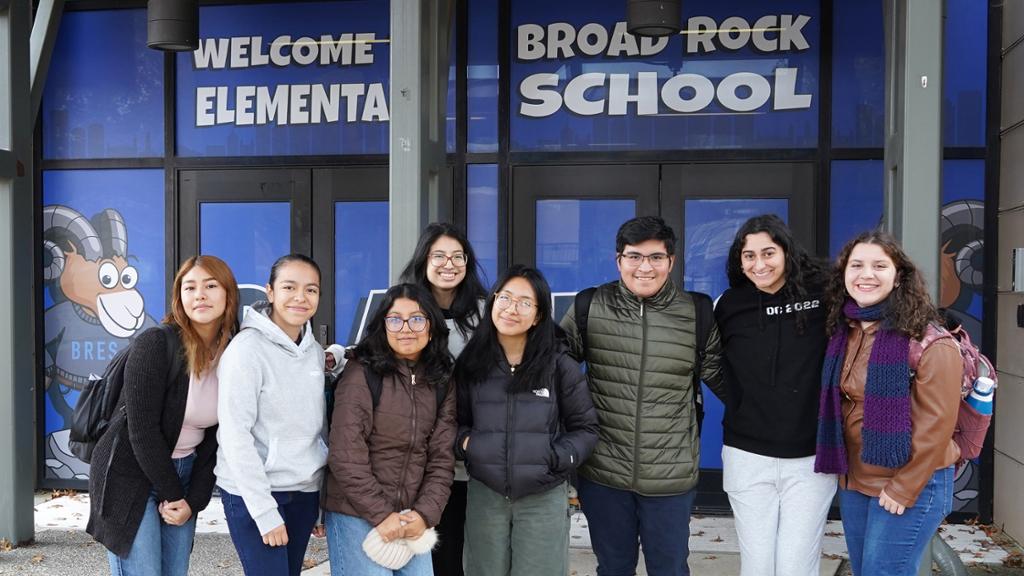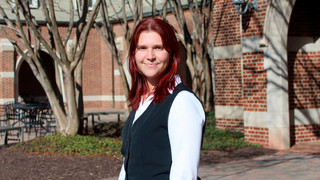Effective February 20, 2026, you can access an electronic copy of your Form 1095-C, by completing the following two steps with Equifax, our administrator.

Community-Based Learning
Community-based learning can include a variety of modes, including volunteering, collaborative projects, clinical education, and study trips. Many community-based learning courses at the University of Richmond center around larger initiatives, including the Eco-Corridor on campus and the restoration of African American cemeteries across Richmond.
New Knowledge for the Public Good
Community-engaged research engages faculty and community stakeholders in meaningful research together and is published both in disciplinary journals and in journals dedicated to community engagement.

Resources for Community-Based Learning Students
Community-based learning succeeds when students further their own learning through experience and reflection and give valuable information or service to the community partner.
If you had eligible FSA expenses in 2025, be sure to submit your claims by March 31, 2026 to receive reimbursement.
Care.com has announced their February Care Talks, live and on-demand webinars that offer expert insight that help you navigate life. Care Talks are available at no cost to you and cover a variety of topics.


In her honors thesis, Richmond senior explores the growth of mass incarceration and possible alternatives to it.
Starting our spring semester with wellness! Modlin Center staff enjoyed chair massages with Simon Solomon and smoothies from FlavUR. It was a great way to start the semester energized and a reminder to take care of ourselves. Special thanks to Heather Sadowski for presenting at ‘Elevate Manager: Wellness’ and inspiring the idea — and to Deryk Noonkester for the delicious smoothies. I highly recommend the Spider Sunrise!
—Chris O’Neil, Modlin Center for the Arts